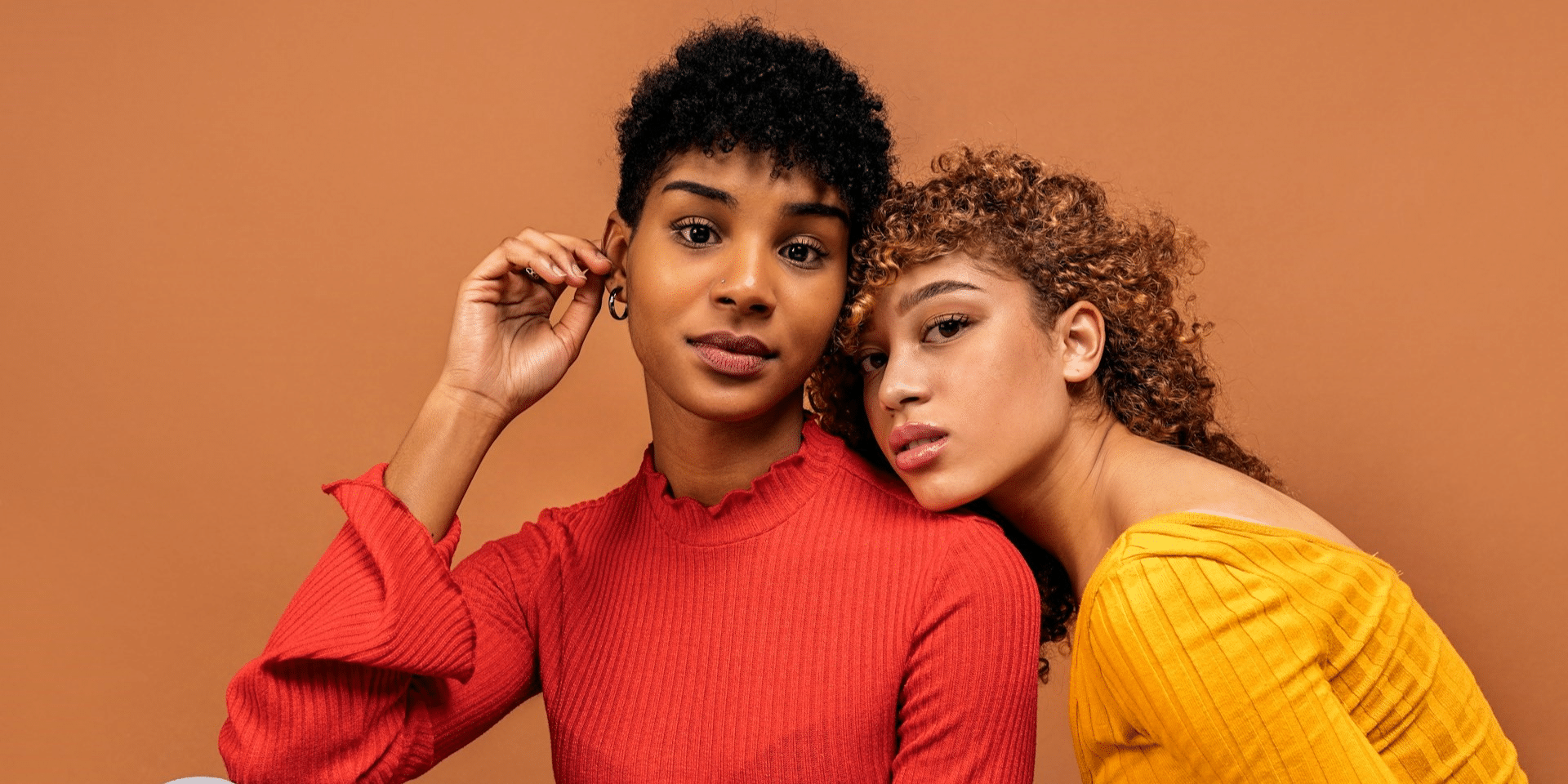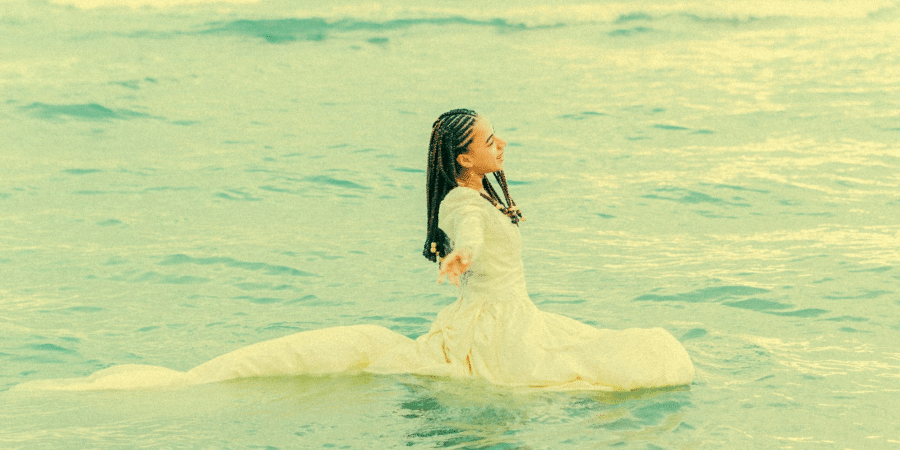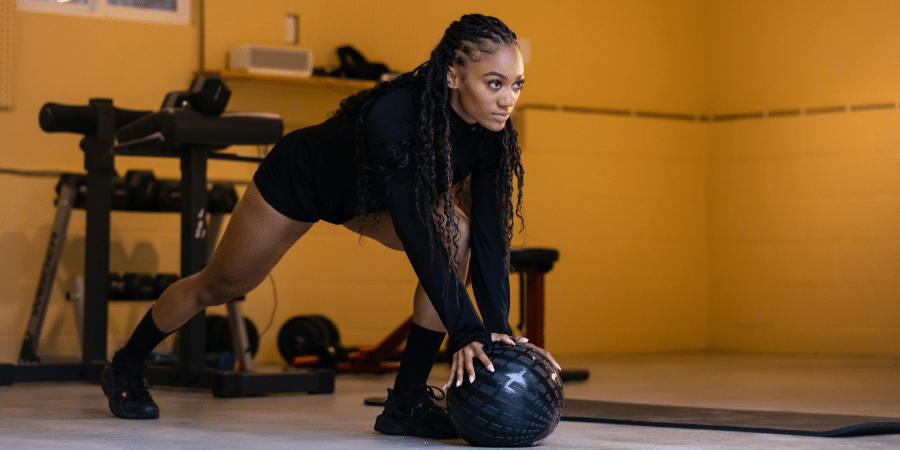The Afro hairstyle has long been a symbol of pride, identity, and empowerment for black women around the world. From its origins in the 1960s civil rights movement to its continued popularity today, the Afro represents a celebration of natural beauty, cultural heritage, and resistance against societal norms. In this article, we’ll explore the history, significance, and enduring appeal of the Afro hairstyle for black women.
The History of the Afro
The Afro hairstyle emerged in the 1960s as a symbol of black pride and empowerment during the civil rights movement in the United States. Inspired by the African diaspora and the fight for racial equality, black men and women began embracing their natural hair texture and wearing their hair in voluminous, round-shaped styles. The Afro quickly became a powerful symbol of resistance against racial oppression and a visible expression of black identity and solidarity.
Cultural and Political Significance
The Afro hairstyle holds deep cultural and political significance for black women. For centuries, black women have been subjected to Eurocentric beauty standards that prioritize straight hair and lighter skin tones. By embracing the Afro, black women reclaim their natural beauty and reject societal pressures to conform to Eurocentric ideals. The Afro also serves as a form of cultural expression and a means of connecting to African roots and heritage.
Empowerment and Self-Expression
Wearing an Afro is more than just a hairstyle—it’s a statement of empowerment and self-expression. For many black women, the decision to wear their hair natural is a deeply personal one that reflects their journey towards self-acceptance and self-love. By embracing their natural hair texture, black women celebrate their unique beauty and challenge stereotypes and misconceptions about black hair.
Breaking Stereotypes and Challenging Norms
The Afro hairstyle plays a crucial role in challenging stereotypes and norms surrounding black hair. For too long, black hair has been stigmatized and marginalized in mainstream society, viewed as unprofessional, unkempt, or “unruly.” By proudly wearing their Afros, black women defy these stereotypes and assert their right to wear their hair in its natural state without fear of judgment or discrimination.
Celebrating Diversity and Inclusivity
The beauty of the Afro lies in its diversity and versatility. Afros come in a wide range of shapes, sizes, and textures, reflecting the rich diversity of black hair. From tight coils to loose curls, from short and cropped to long and voluminous, the Afro celebrates the beauty and diversity of black hair in all its forms. By embracing the Afro, black women embrace their unique hair textures and celebrate their individuality.
Overcoming Challenges and Discrimination
Despite its cultural and political significance, wearing an Afro can still be met with resistance and discrimination in some spaces. Black women have faced discrimination in schools, workplaces, and other institutions for wearing their hair natural. In recent years, however, there has been a growing movement to challenge these discriminatory practices and advocate for laws and policies that protect the rights of individuals to wear their hair in natural hairstyles, including Afros.
The Afro in Popular Culture
The Afro hairstyle has had a significant impact on popular culture, influencing fashion, music, film, and art. From iconic figures like Angela Davis and Pam Grier to modern-day celebrities like Solange Knowles and Lupita Nyong’o, the Afro continues to be celebrated and embraced by black women in the public eye. In music, the Afro has been associated with the rise of genres like funk, soul, and hip-hop, with artists like Jimi Hendrix, Diana Ross, and Erykah Badu rocking their Afros with style and confidence.
Reclaiming Identity and Celebrating Beauty
The Afro hairstyle holds deep cultural, political, and personal significance for black women. From its origins in the civil rights movement to its continued popularity today, the Afro represents a celebration of natural beauty, cultural heritage, and resistance against societal norms. By embracing their Afros, black women reclaim their identity, challenge stereotypes, and celebrate their unique beauty and diversity. As we continue to strive for equality and inclusivity, the Afro remains a powerful symbol of empowerment and self-expression for black women everywhere.







